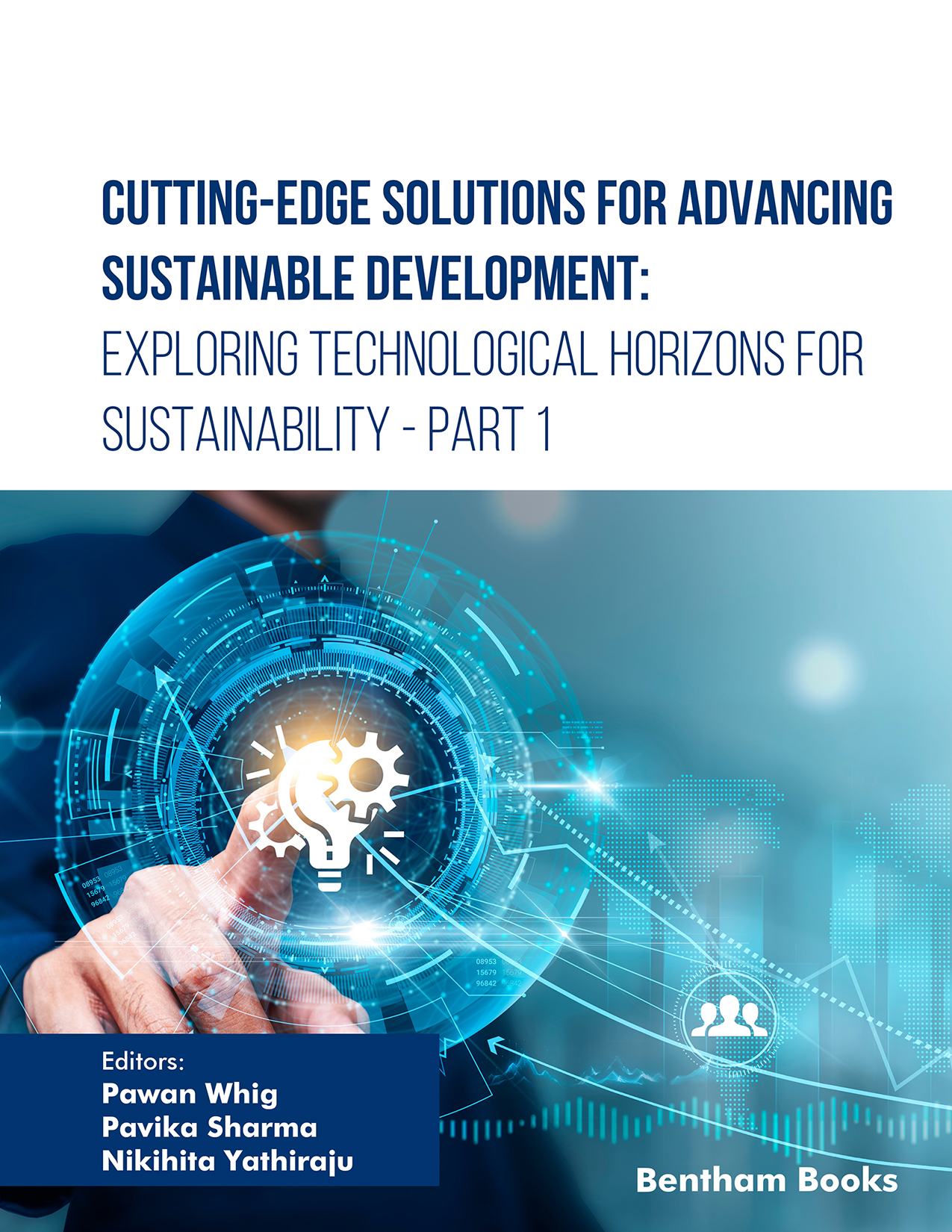In an era defined by rapid technological advancement and urgent environmental challenges, the imperative for sustainable development has never been more pressing. This book, Cutting-Edge Solutions for Advancing Sustainable Development: Exploring Technological Horizons for Sustainability, serves as a comprehensive exploration of innovative approaches and transformative solutions aimed at fostering a more sustainable future.
Part A of this book delves into various dimensions of sustainability, showcasing the intersection of technology, education, and employment. The chapter Nurturing Growth: The Intersection of Education, Sustainability, and Employment emphasizes the pivotal role education plays in equipping individuals with the skills necessary to drive sustainable practices across industries. This foundation lays the groundwork for a workforce capable of addressing the complexities of our evolving world.
In Unveiling the Black Box: The Crucial Role of Interpretability in Machine Learning Models, we tackle the pressing need for transparency and understanding in artificial intelligence. As machine learning continues to permeate various sectors, ensuring that these systems are interpretable is vital for building trust and facilitating ethical decision-making.
Biotechnology is reshaping our understanding of sustainability, and Biotech Breakthroughs with Genetic Engineering explores how advances in genetic engineering can lead to sustainable agricultural practices and innovations that align with environmental stewardship.
The digitization of industries is a double-edged sword; while it offers immense potential for efficiency and growth, it also demands careful consideration of its impact on sustainable development. Digitization and Sustainable Development investigates how technology can be leveraged to promote responsible growth while addressing the ecological footprint of digital solutions.
Urbanization presents unique challenges, and Boston Reimagined - A Symphony of Connection, Cooling, and Absorption in the Smart City Era exemplifies how cities can harness smart technologies to create sustainable urban environments. This vision of the future integrates infrastructure and community engagement, fostering resilience and inclusivity.
The film industry, often criticized for its environmental impact, is undergoing a transformation. In Cutting Edge Solutions for Advancing Sustainable Development in the Film Industry, we examine how innovative practices can reduce waste and promote sustainability in production processes.
Generative AI is revolutionizing sectors like retail and consumer packaged goods, and AI-Powered Transformation: Revolutionizing Retail and CPG Supply Chains with Generative AI for Sustainability and Efficiency highlights how these technologies can optimize supply chains for both sustainability and efficiency.
As we embrace the Internet of Things, Using AI for IoT Device Anomaly Detection in Edge-Resident Intrusion Detection Systems (IDoS) discusses the importance of security in a connected world. Protecting our digital infrastructure is crucial for maintaining the integrity of sustainable systems.
The chapter Digitization for Sustainable Development: Leveraging Technology for Global Progress reiterates the transformative power of technology in driving global sustainability efforts, while Fortifying Cybersecurity: Harnessing AI for Advanced Threat Detection and Predictive Analytics emphasizes the role of cybersecurity in safeguarding these advancements.
Transportation is a major contributor to carbon emissions, and Green Transportation Innovation: Pioneering Sustainable Mobility Solutions showcases innovative strategies for creating sustainable mobility options that reduce our reliance on fossil fuels.
Lastly, Smart Cities: IoT and Data Analytics for Sustainable Urban Development encapsulates the essence of this book—utilizing data and technology to create cities that are not only efficient but also responsive to the needs of their inhabitants.
Together, these chapters illustrate the myriad ways in which cutting-edge technologies can be harnessed to address the critical challenges of our time. This book serves as a clarion call for collaboration among educators, industry leaders, policymakers, and innovators to forge pathways toward a sustainable future. As we explore these technological horizons, may we be inspired to envision and implement solutions that prioritize the health of our planet and the well-being of future generations.
Pawan Whig
Vivekananda Institute of Professional Studies – Technical Campus
New Delhi, Delhi 110034, India
Pavika Sharma
Bhagwan Pashuram Institute of Engineering and Technology
New Delhi, India
&
Nikihita Yathiraju
University of the Cumberlands
Williamsburg, USA

